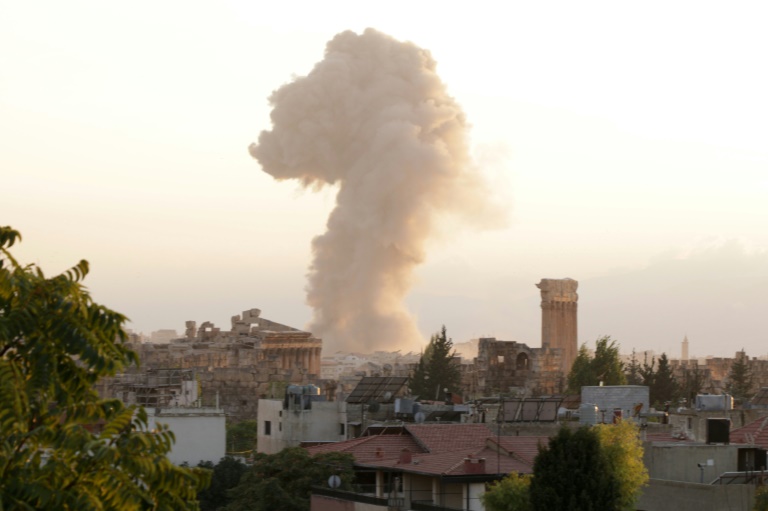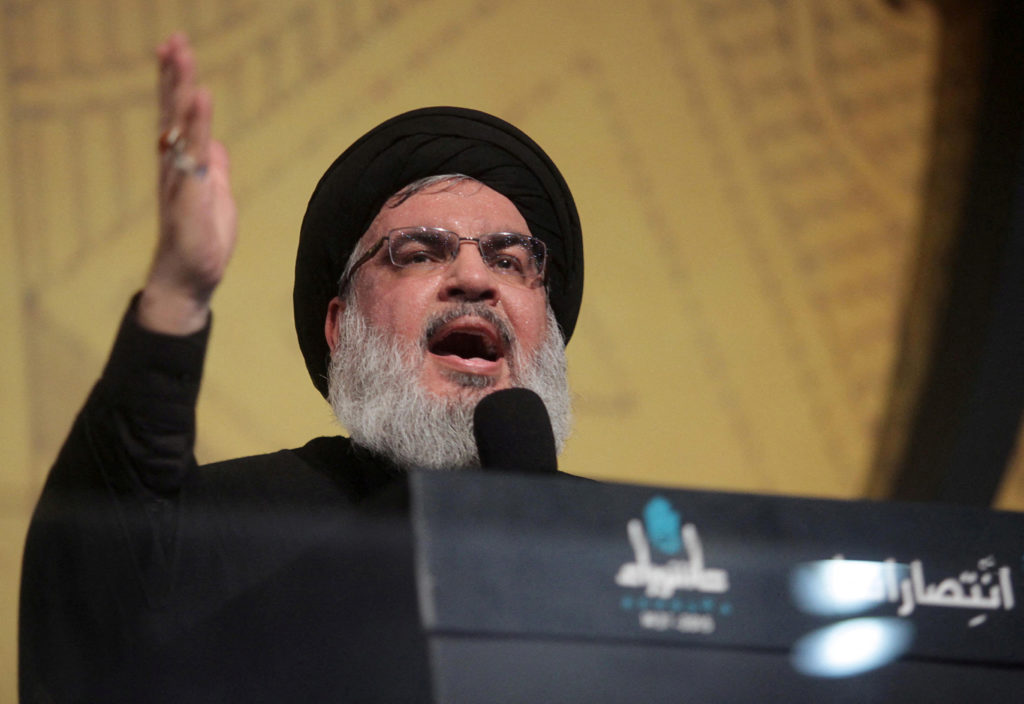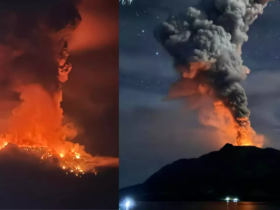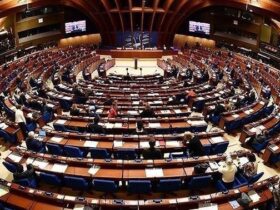Hezbollah vowed on Monday to continue its fight against Israel and expressed readiness to confront any ground operations in Lebanon, following the death of its leader in an airstrike that significantly impacted the group.
In a televised address, Naim Qassem, the deputy chief of the Iran-backed group, announced that a new leader would be chosen to succeed Hassan Nasrallah, who was revered by his supporters, “at the earliest opportunity.”
He also stated that Hezbollah was prepared for any potential Israeli ground offensive, despite the recent Israeli bombardment of its strongholds, which has resulted in the deaths of many top commanders and officials.
Hezbollah initiated low-intensity cross-border strikes on Israeli troops a day after its Palestinian ally Hamas launched an unprecedented attack on Israel on October 7, escalating the conflict in the Gaza Strip.

Earlier this month, Israel announced it was shifting its focus from Gaza to securing its northern border with Lebanon, allowing Israelis displaced since October to return to their homes, while not ruling out a ground offensive to achieve its objectives.
Israel’s strikes on Lebanon have resulted in hundreds of deaths and displaced hundreds of thousands, leaving many in the region anxious about the potential for further violence.
Qassem declared that Hezbollah would persist in “confronting the Israeli enemy in support of Gaza and Palestine, defending Lebanon and its people, and responding to the assassinations and killings of civilians.”
Warning that any battle with Israel would be long, he said: “We will face any scenario and we are ready if Israel decides to enter by land, the resistance forces are ready for any ground confrontation.”
READ ALSO: China Ready to Lend Nigeria More Money—FG
On the other side of the border, Israel’s Defence Minister Yoav Gallant told troops: “The elimination of Nasrallah is an important step, but it is not the final one.”
“In order to ensure the return of Israel’s northern communities, we will employ all of our capabilities, and this includes you,” he said.
Most of Israel’s airstrikes have focused on Hezbollah strongholds in eastern and southern Lebanon, as well as the southern suburbs of Beirut, which serve as the group’s primary base.
On Monday, a drone strike targeted a building in the Cola district of central Beirut, with an armed Palestinian group claiming it resulted in the deaths of three of its members.
This strike marked the first attack in the city center in years and caused widespread panic. Local resident Mohammed al-Hoss, 41, remarked that “the kids were in shock” after his home was damaged.
“We stand with Gaza and support the Palestinian cause, but our country cannot handle the consequences of going to war,” he stated.
“Our country is in a wretched state. They (Israel) finished with Gaza and they have come to Lebanon.”
Lebanon’s health ministry reported that the recent strike resulted in the deaths of four people and injuries to four others. Israel has not yet commented on the incident.
Later, the Palestinian Islamist group Hamas announced that its leader in Lebanon, Fatah Sharif Abu al-Amine, was killed in another strike at the Al-Bass refugee camp in southern Lebanon, along with his wife and two children.
The Israeli military confirmed that it had “eliminated” Sharif in that strike.
Additionally, Lebanon’s health ministry stated that six rescuers affiliated with Hezbollah were killed in an Israeli strike on Monday.
Israeli strikes around Lebanon resulted in the deaths of over 100 people on Sunday, including 45 near the southern city of Sidon, according to the health ministry.
Lebanon’s Health Minister, Firass Abiad, reported on Saturday that since September 16, 1,030 people, including 87 children, have been killed.
Filippo Grandi, the head of the UN refugee agency, stated that “well over 200,000 people are displaced within Lebanon,” while more than 100,000 have sought refuge in neighboring Syria.
Prime Minister Najib Mikati indicated that up to one million people may have been uprooted, marking potentially the “largest displacement movement” in Lebanon’s history.
Follow Parallel Facts on WhatsApp Channel: https://whatsapp.com/channel/0029VaCQSAoHgZWiDjR3Kn2E









Leave a Reply